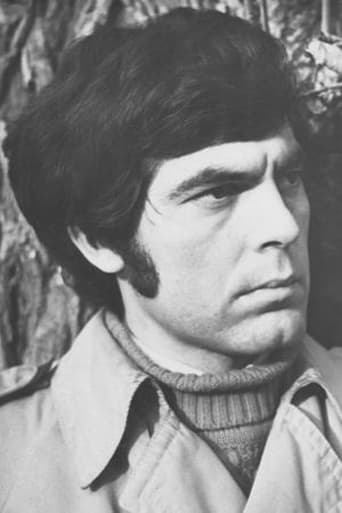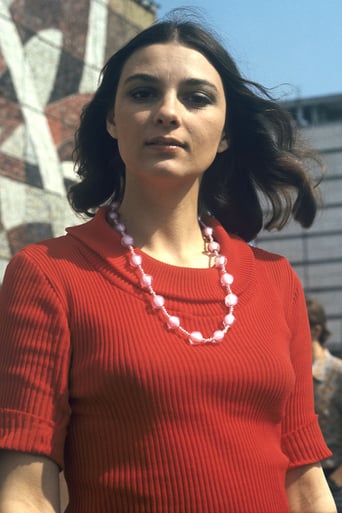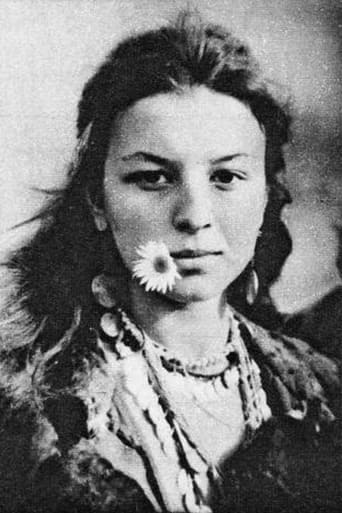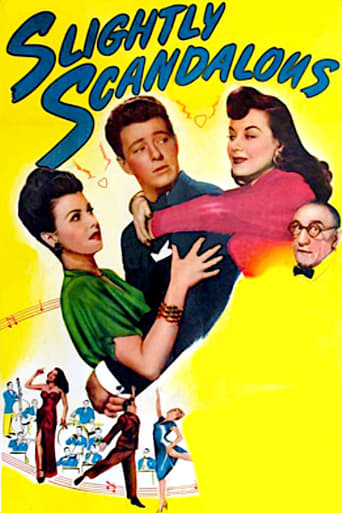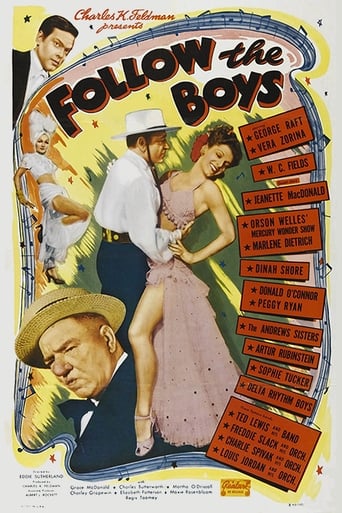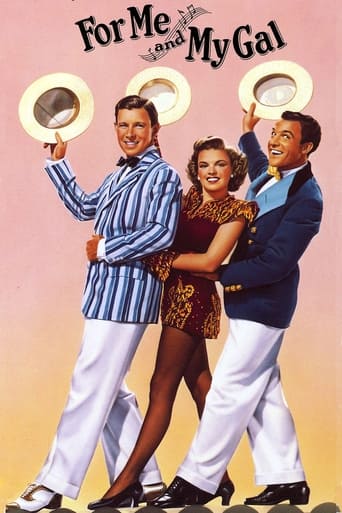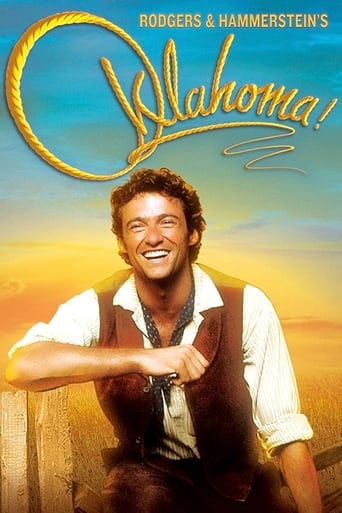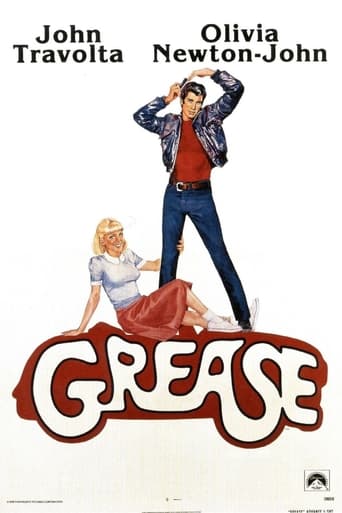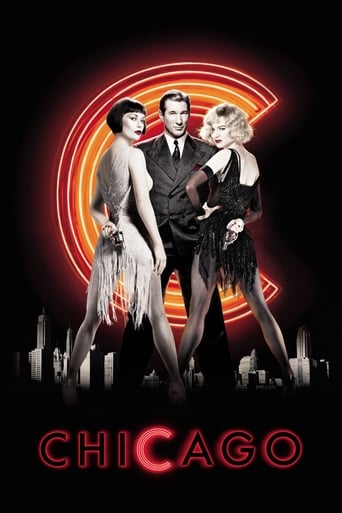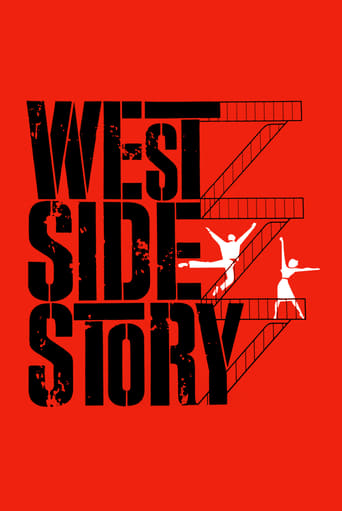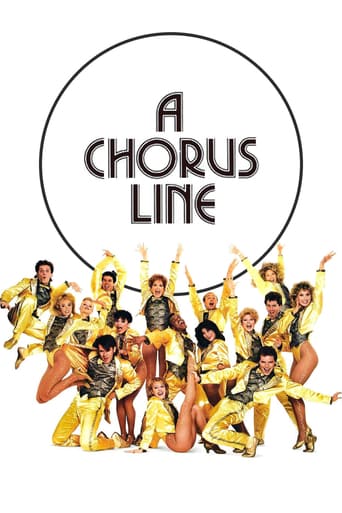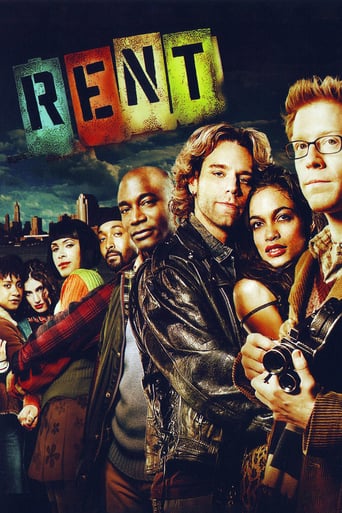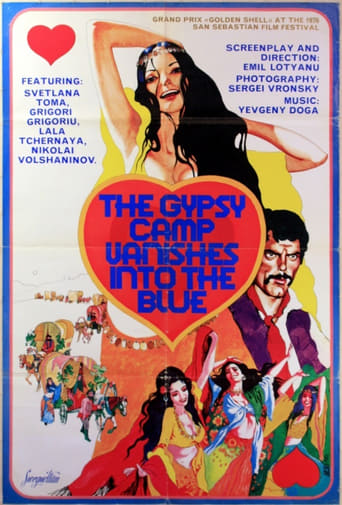
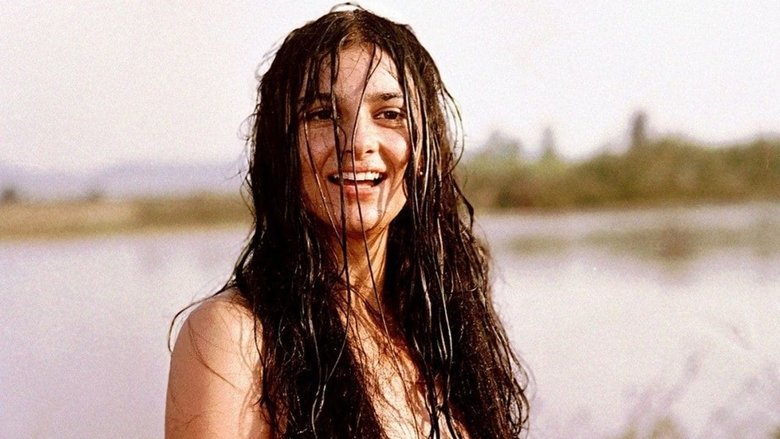
The Gypsy Camp Vanishes Into The Blue (1976)
This colourful, music-filled and sensual melodrama based on early stories by Maxim Gorky tells the fatal love story between the beautiful and rebellious girl Rada and the handsome horse thief Zobar. The story is set in early 20th century Bessarabia, now part of Moldova, then belonging to the Austro-Hungarian Empire.
Watch Trailer
Cast


Similar titles
Reviews
A movie that could only have been made in the 70s. Very free and very lyrical. Poetic but still very earnest with a touch of nudity. While nudity nowadays is not a big deal, I suppose it was back then (even through all the Flower Power movement). And therefor it got special mention before the screening (this year, 2010).This shouldn't be the reason for you to watch the movie though. There is other movies out there ready to be explored, if you are looking for that kind of thing. This movie on the other hand, just lives the free spirit and does not take a particular road. Or tells a great story for that matter. It's all about humans and gypsies in general (though that might not be the political correct term to call them). And a promise the movie makes, that is kept in the end ... not that you did not see that coming ... just saying
Zobar steals horses to make a living. Just like most of the members of his ethnic group, he doesn't have a lasting job in a precise place, he goes around searching for targets, then steals the horses and sales them to a local wealthy man. During one of these actions he and his fellows are surrounded by the local police and Zobar gets hurt in the chase. After escaping his followers, he is saved by a beautiful witch who heals his wound. He instantly falls in-love with her, but she vanishes from his sight. He returns to his lover, a beautiful blonde woman who's not a gypsy. In the meanwhile we see a local noble man who desperately seeks the attention of Radda, the beautiful witch, but just gets mocked by her. Zobar gets imprisoned after his father betrays him when under the menace that the policemen would shoot the horses of his "satra". He manages to escape just before being hung, but the friend who helps him in doing so gets killed in the chase. By now you would think that the two (Zobar and Radda) are destined to be together and everything works out to help them accomplish their destiny. They finally meet and spend romantic moments together, vowing to love one another. The morning after he proposes to her in front of all the members of her group, but she refuses him saying that she won't accept unless he bents on his knees and kisses her right hand. Instead of doing so the proud Zobar stabs her in the heart and gets himself killed by Radda's father. The whole "satra" gathers around the two lovers and mourns them. The most surprising moment of the movie, at least in my opinion, was the ending. We are far too used to sweet Hollywood endings, so it was quite disturbing, but at least it was different;) Otherwise I think it beautifully pictured the customs and way of life of the gypsies in that period (and things haven't changed a lot in this sense). As for the actors, someone here said that they were all Russians. Yes, it's true, when the movie was made they were all born in the Soviet Union, but you must admit that some names here couldn't be more typically Romanian: G. Ciubotaru, Dumitru Mocanu, even the leads Grigore Grigoriu and Svetlana (tipically Russian name) Toma (Romanian). There's a simple explanation for that: they were born in what is now The Moldavian Republic, so it's easy to understand why their names sound Romanian:) However, they all did a good job. Sometimes the intensity of the glances between the actors spoke much more than words would have done. Furthermore Radda's glance looked hypnotic more than once as she was a witch and managed to predict the future and had a special relationship with animals. I'm afraid I can't be objective enough to vote this movie as it isn't at all the kind of film that I normally watch... I actually prefer action-thriller-mystery ones and yesterday I watched it because my mother wanted to see it:p However, for someone who is interested in the life of the traveling gypsies in the early XXth century and in their typical music and dancing, this is really good!
This film, known as "Satra" - a group of wandering gypsies - to the Romanians is definitely worth viewing. Based on a short novel by Gorki, it gives a snapshot of Gypsy life in the Far-Eastern part of the Habsburg Empire. Nevertheless, the film is a bit diminished by its 1970s-Soviet origin: many badly played-back songs, a soundtrack that tends to give a hippy-70s flavors to the Gypsy songs. I'm not so enthusiastic about the work of the composer who rather spoiled the Gypsy music than improved it. In this domain, Goran Bregovici keeps the lead. The RUSCICO DVD edition includes some interesting bonus though not very enlightening. Notice that the script was refused by the Moldovan Film Studios so that it was shot by the Moscow film studios.
it is simply the best gypsy movie, translating so well their thirst offreedom, for 'the road'...i saw it on tv as 'Les Tziganes s'en vontvers les cieux, in a children-family program, but i think it surpassesall the Kusturica-Gatlif spoofs depicting Gypsies. This one here depicts all the tragedy of the gypsy people, tornbetween materialism and freedom. The opening is a piece of anthology as the old sage predictsZabor his near future and warns him : Dont trust any woman...andremember that freedom is the most important value...' And ahhh....Svetlana!!! so marvelous dancing and saying to Zabor: 'Dont look at me this way, it's forbidden...' To see for the proudness, the height of the feelings, the friendship,the love, so pure....but leading to tragic endings in a gadjo world... a must for gypsy-movies lovers as much as : Autrefois, nous étions des oiseaux, from GarriBardine


